Android Studio
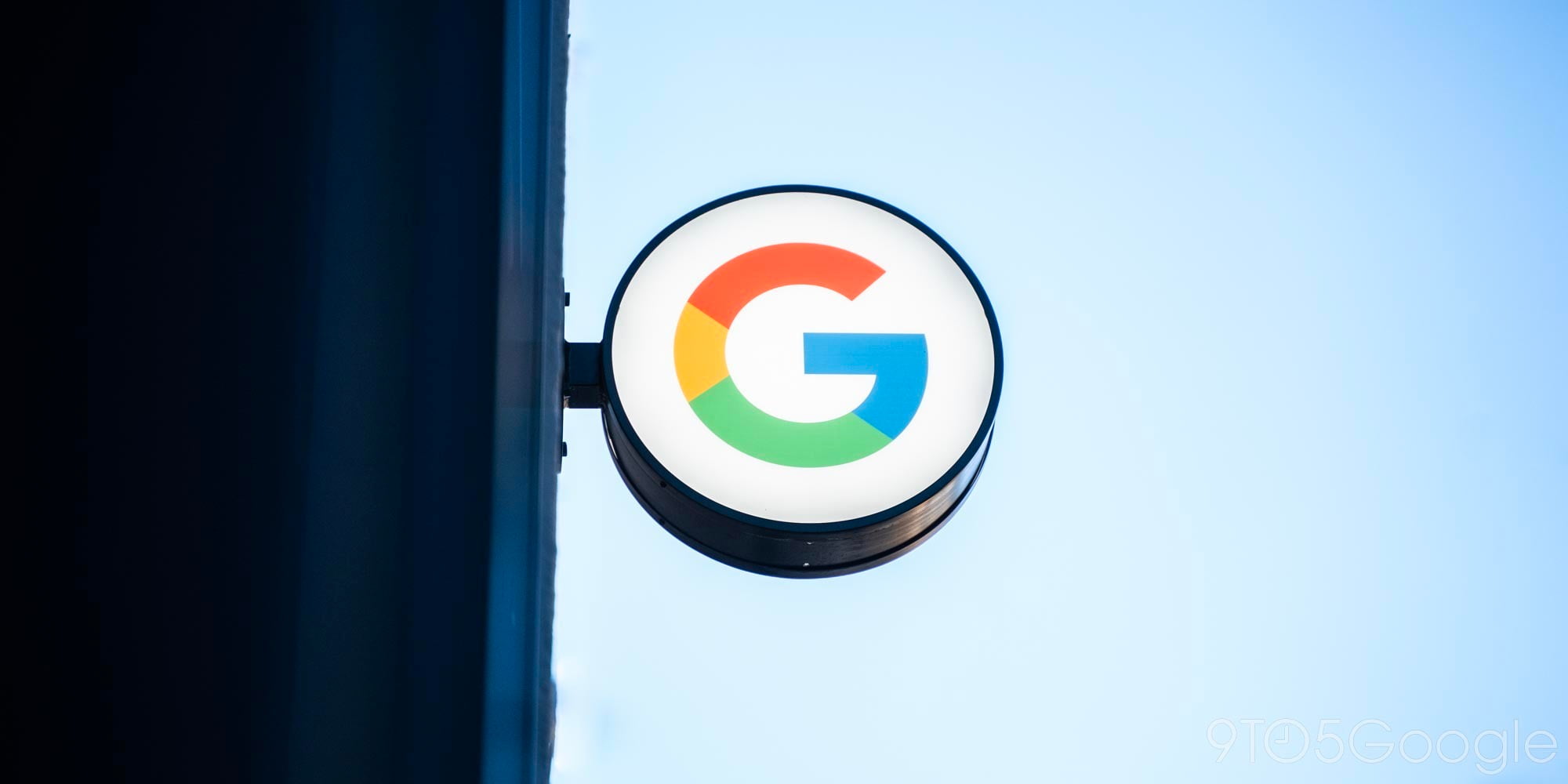
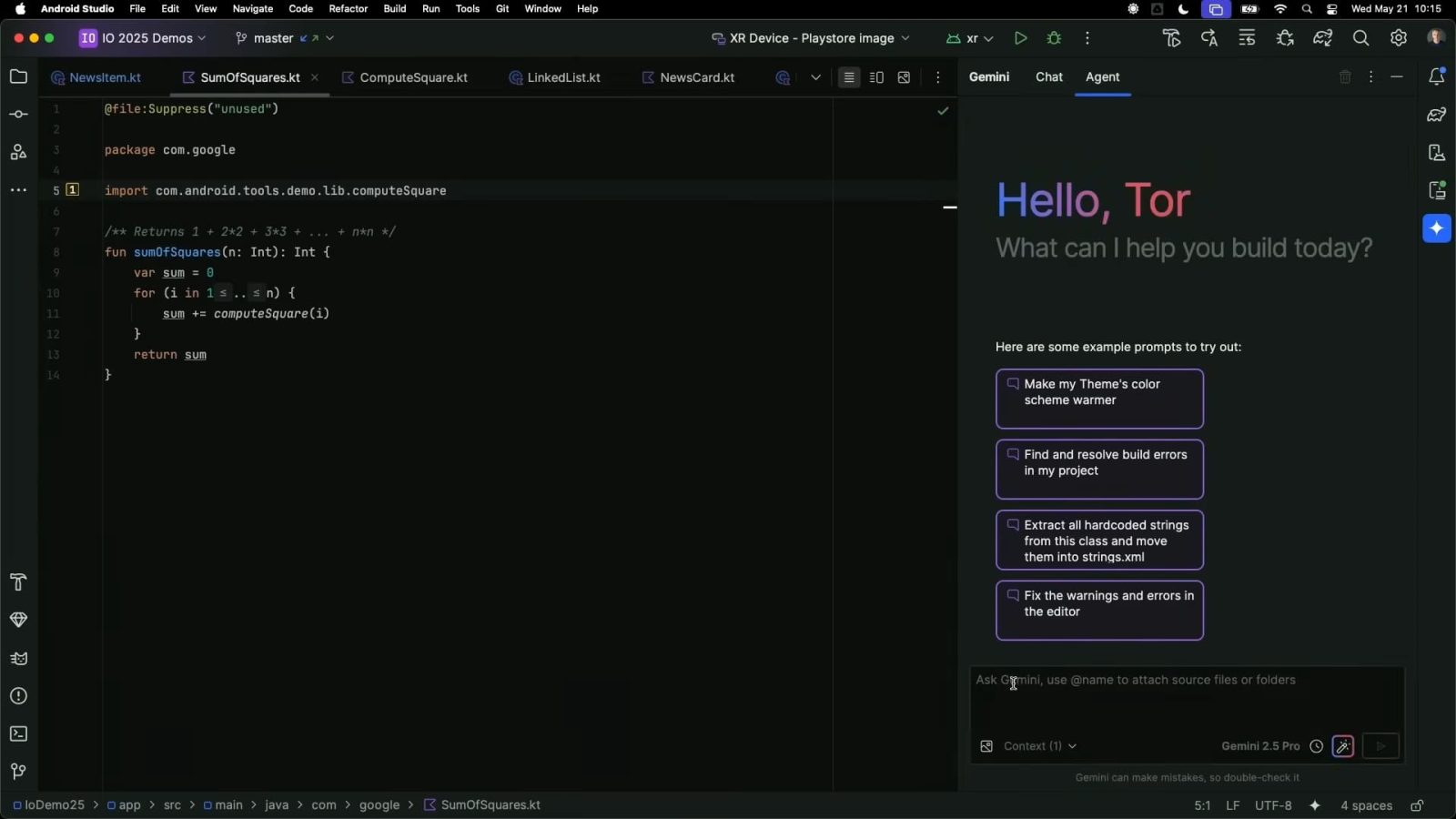
Following the preview at I/O 2025, Google is releasing an “Agent Mode” for Gemini in Android Studio.
Expand Expanding Close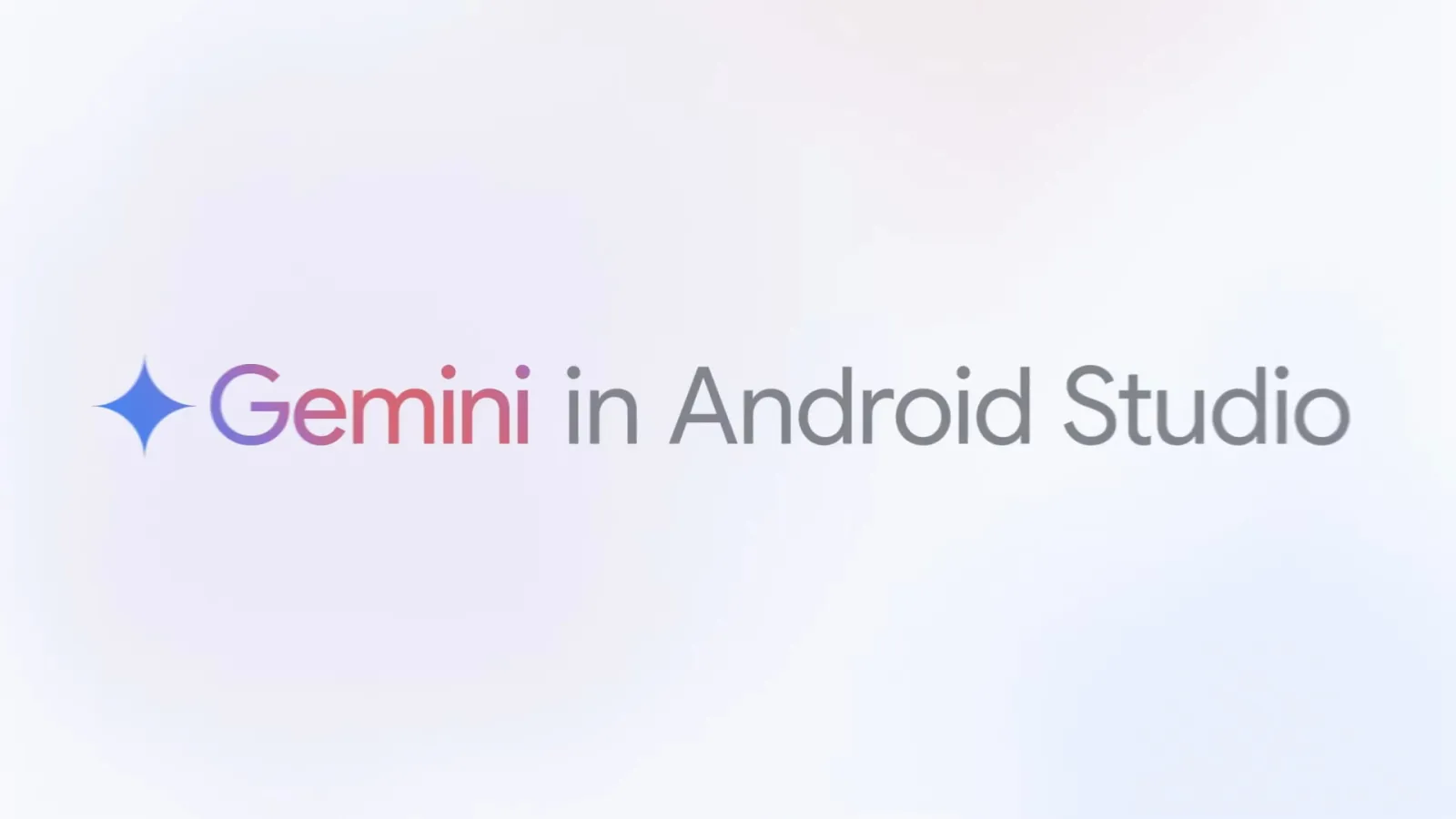
Besides the GDC 2025 announcements, Google announced today that Gemini in Android Studio “now supports multimodal inputs, which lets you attach images directly to your prompts” for visual help during the app development process.
Expand Expanding Close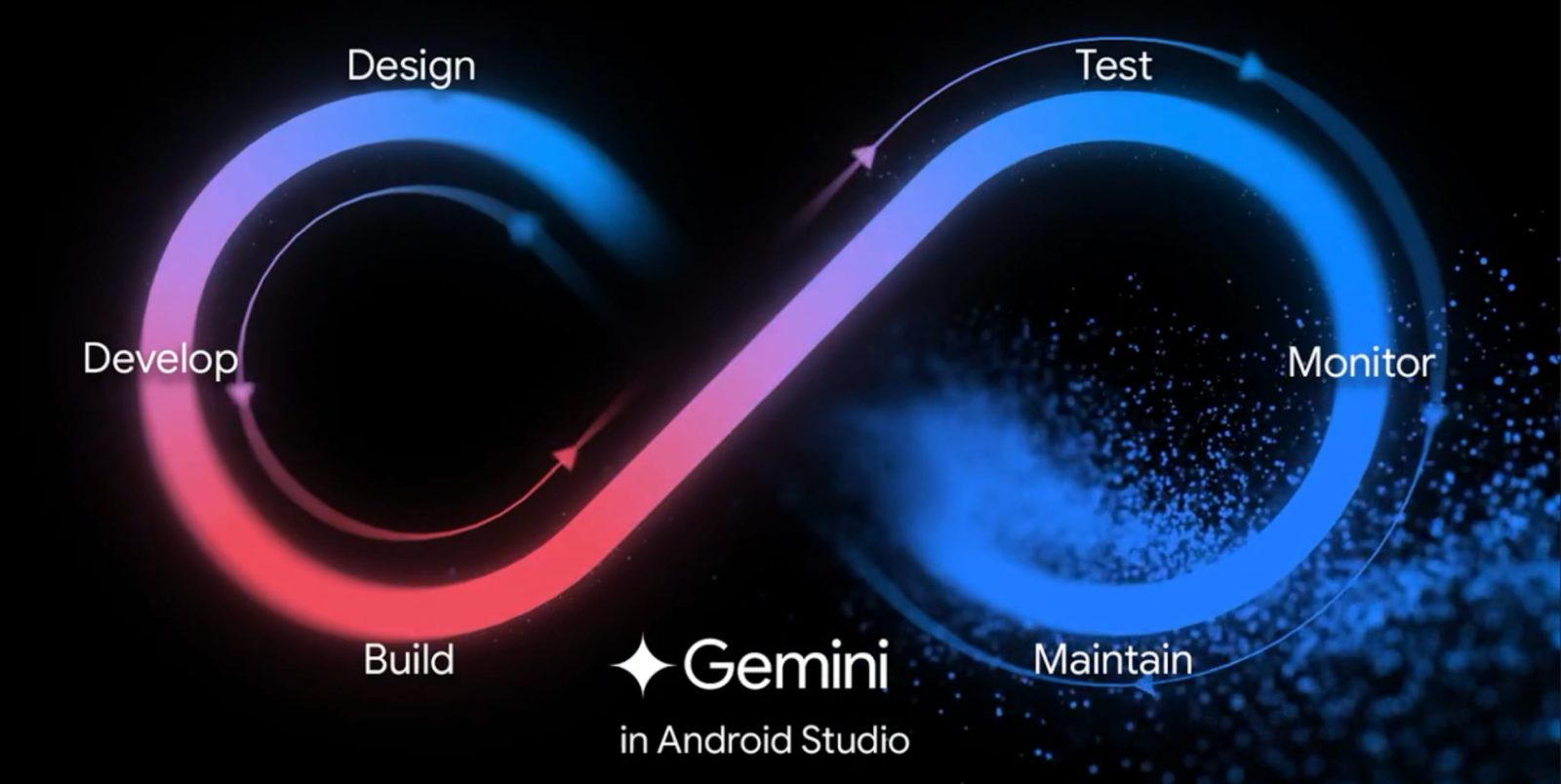
Besides providing an initial Android 16 timeline today, Google has a number of developer updates across Android Studio and the Play Store.
Expand Expanding Close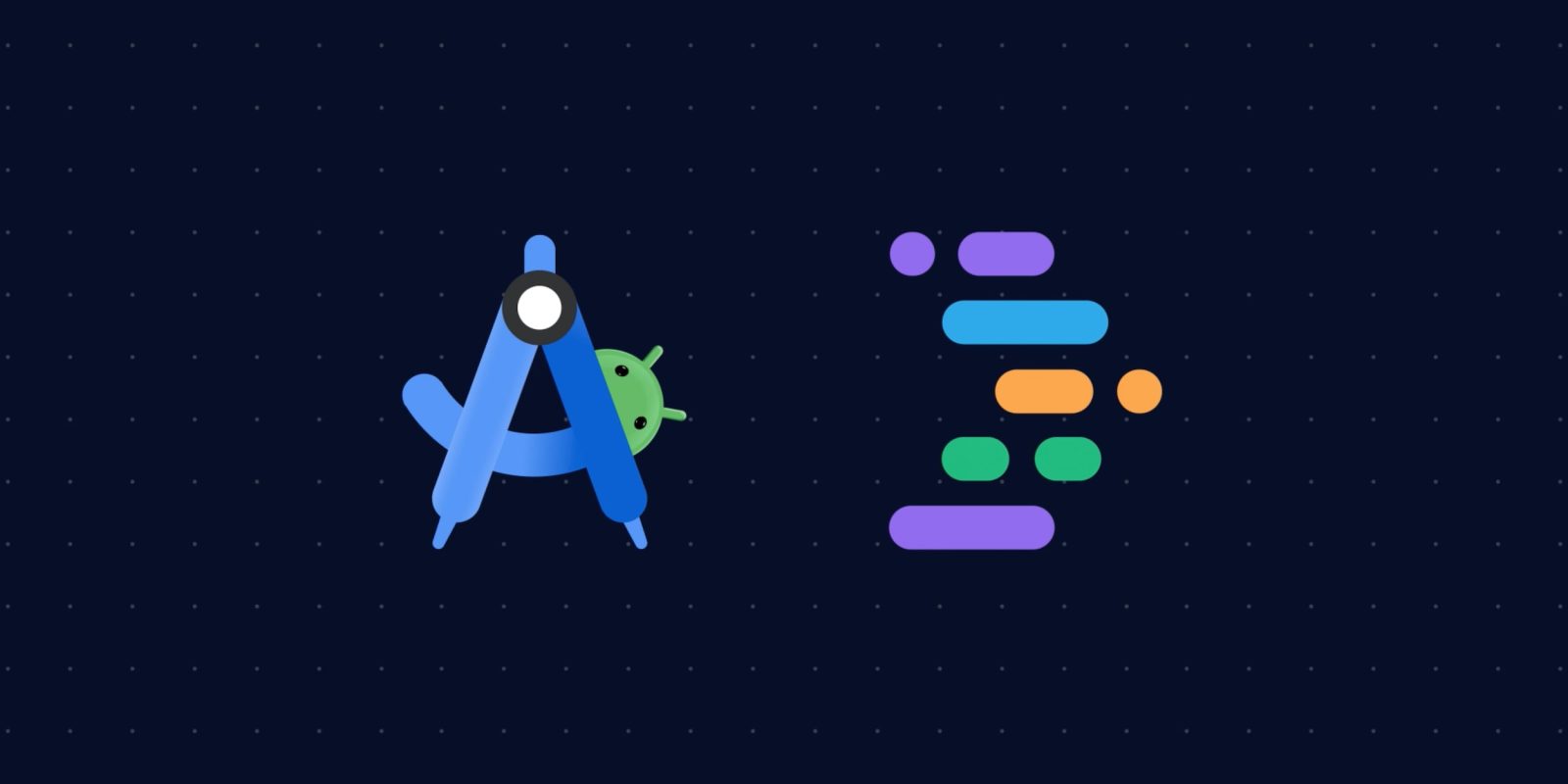
Project IDX is Google’s web-based development environment, and the technology is now being used to bring Android Studio to the web.
Expand Expanding Close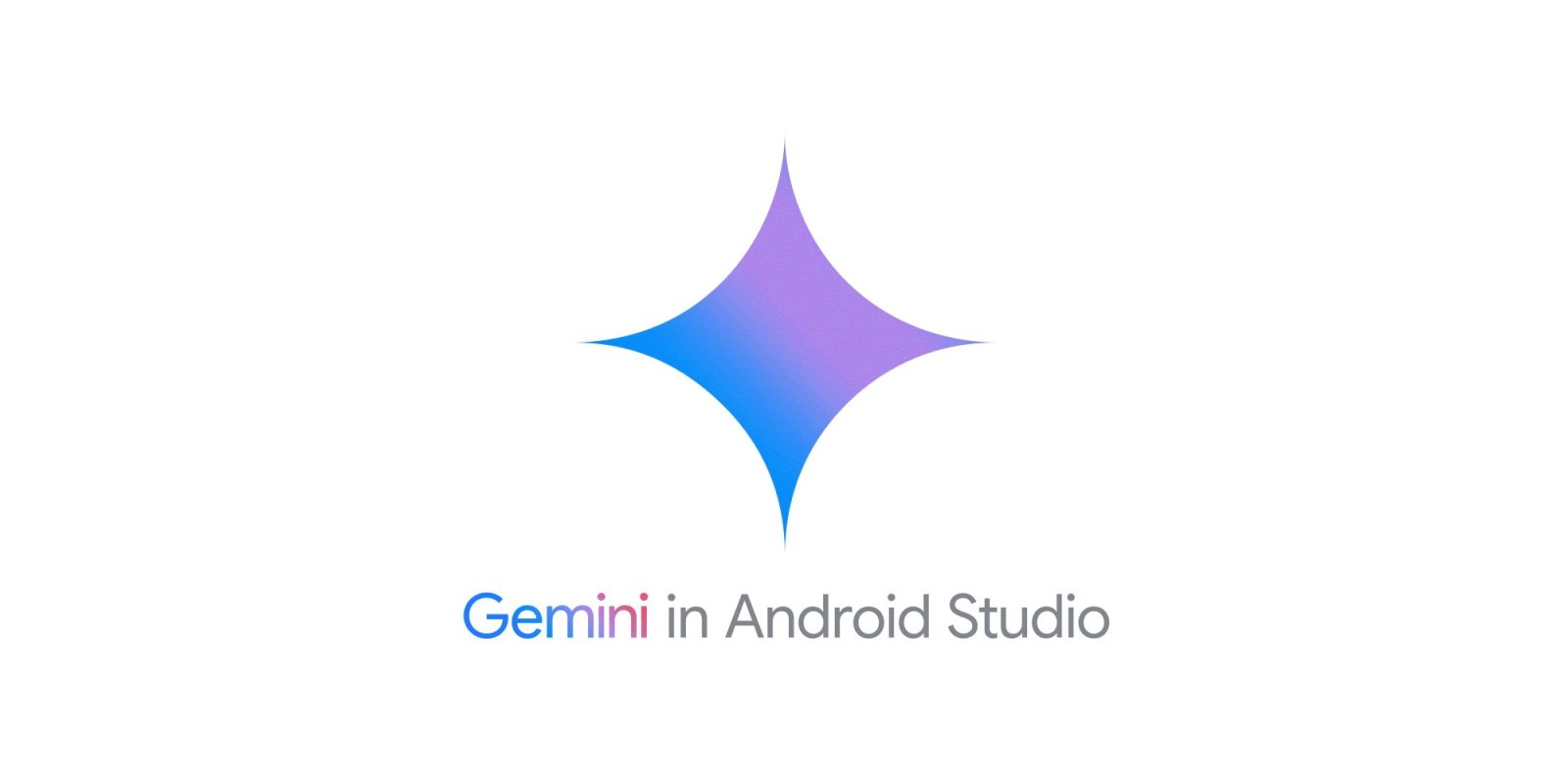
Initially launching last year as “Studio Bot,” Google is renaming its AI-powered app development assistant to “Gemini in Android Studio.”
Expand Expanding Close
Google is making one of its AI tools for developers, Studio Bot, available to people in over 170 regions around the world, but those in the United Kingdom and European Union are still barred from access.
Expand Expanding Close
While Google I/O has served as a venue for some of the company’s biggest debuts over the years, the conference has always had its roots in developer news.
This post will be steadily updated over the duration of the Google I/O 2023 developer keynote with the latest news from all of the company’s various avenues of development, as well as news from the “What’s New” sessions afterward. We’re expecting news from Android, Flutter, Jetpack, and Firebase, as well as many AI-related announcements.
Expand Expanding Close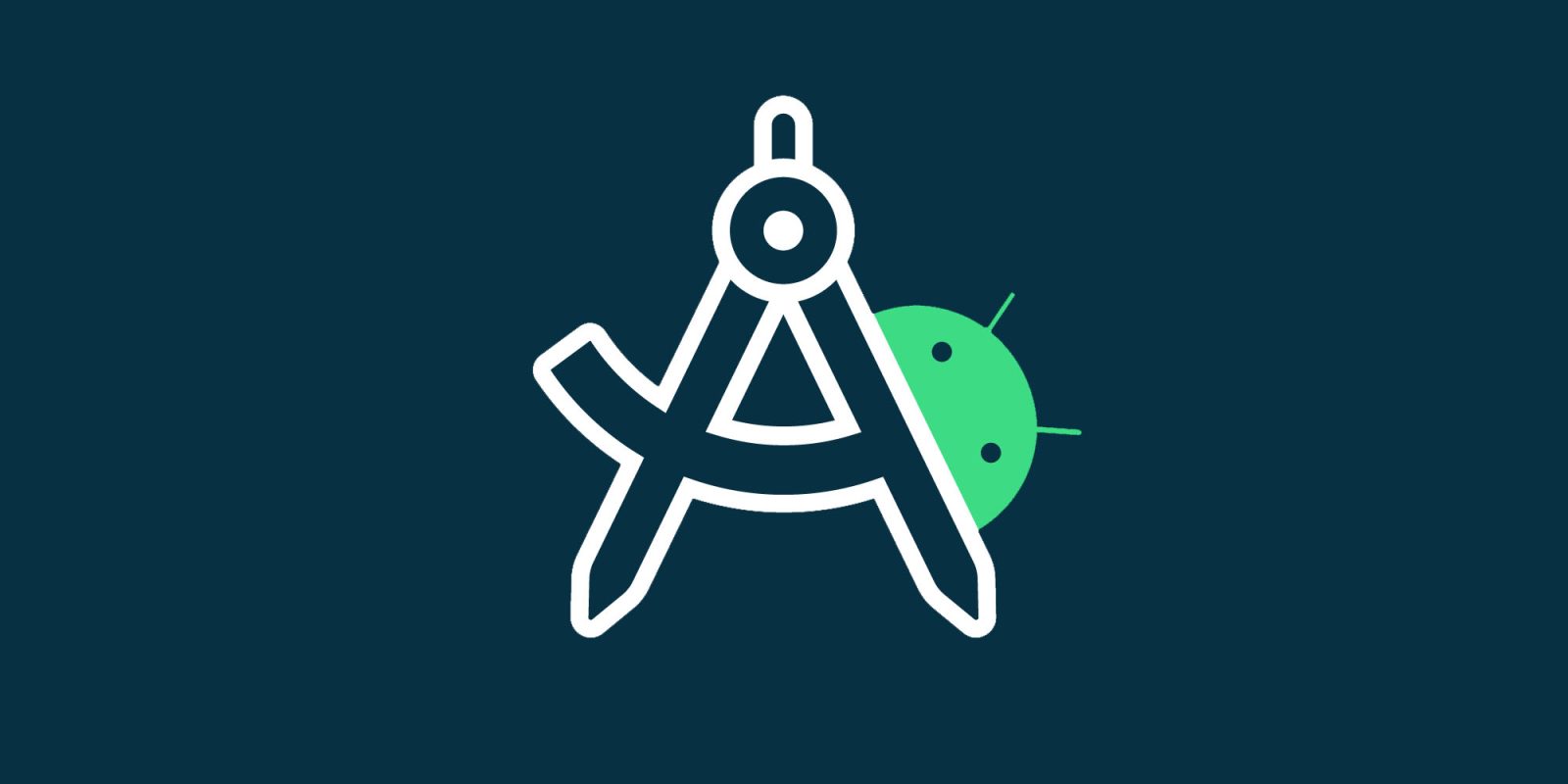
Google hosted the Android Developer Summit this week to unveil the latest tools for Android app developers and, quietly, the company also unveiled a new logo for Android Studio.
Expand Expanding Close
At its core, Google I/O has always been a developer-focused event. Here are the biggest announcements that Google made during the I/O developer keynote and beyond.
Expand Expanding Close
Google is beginning a project that would elevate Android Studio from app development to a full suite for Android OS development by OEMs and ROM developers.
Expand Expanding Close
Google has made Android 12L available for developers — and everyone else — to test out and see how well their apps can run on a large device, but not how you might expect. Here’s how to try a version of Android 12L on your own Chromebook.
Expand Expanding Close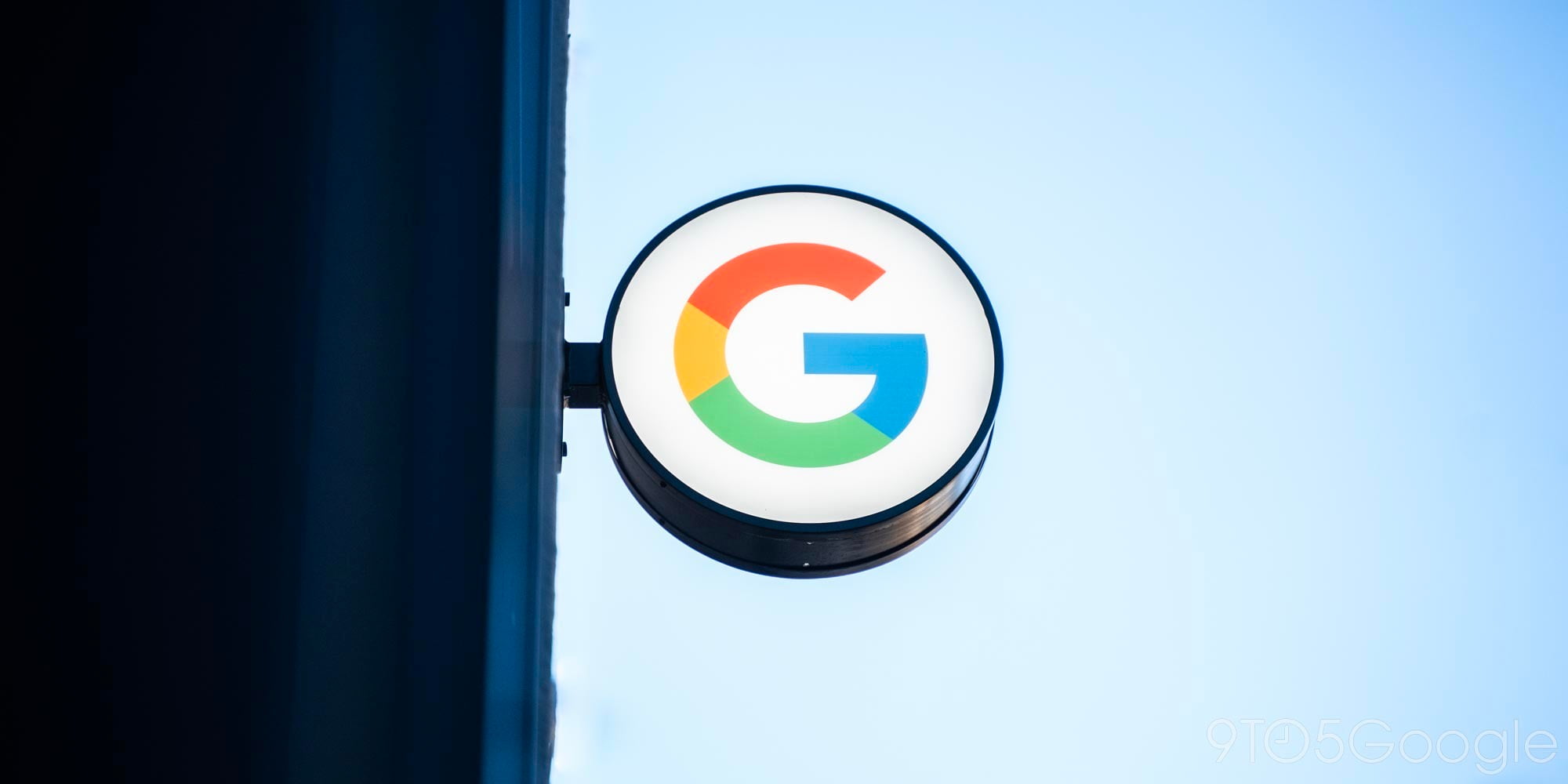
The latest version of Android Studio, codenamed Arctic Fox, is now out of beta and includes the ability to easily pair Wear OS emulators, as well as a variety of new tools for Jetpack Compose.
Expand Expanding Close
Google has released an update to Android Studio version 4.1, bringing a new Database Inspector tool, some improvements to Material Design, and a more deeply integrated Android Emulator.
Expand Expanding Close
Good, smooth animations can make an app or operating system feel polished and just overall more pleasant to use. In an effort to help developers build those animations, Google has added a Motion Editor in Android Studio.
Expand Expanding Close
In a normal year, Google I/O would traditionally mark the release of a new version of Android Studio. While there hasn’t been a Google I/O event this year, the Android team has still seen fit to release Android Studio 4.0 today, complete with new Android app design tools.

At its October hardware event last fall, Microsoft made quite a splash with the Android-powered Surface Duo. Slated to launch holiday 2020, the Windows team today released a preview SDK with an emulator and other documentation.

For Android developers who like to keep up with the latest features, there are two major events hosted by Google that are not to be missed — Google I/O and the Android Dev Summit. Today being the latter event, Google has brought Android Studio 4.0 to the Android Dev Summit with an early developer preview of Jetpack Compose.

Android Studio is the main gateway to Android app development, for better or worse, but it’s not known for being particularly fast, or for necessarily working well on lower-end computers. For Android Studio 3.5, Google dedicated eight months to working almost exclusively on bug fixes and performance improvements, with Chrome OS support being one of the only new features.

Google has today announced that Android Studio will be dropping support for 32-bit PCs starting in 2020 as it pushes to the more efficient 64-bit processing that’s gone mainstream over the years.

For the past 5 months, we’ve been watching as Google slowly brought support for their Fuchsia OS to the Android Emulator, which would make the OS accessible to developers who don’t have Pixelbooks. A pair of indie developers have managed to piece together some of Google’s work-in-progress efforts to demonstrate Fuchsia running directly in the Android Emulator.

With yesterday’s Flutter Live event and the stable release of Flutter, one of the primary ways to create Fuchsia apps, Google is one step closer to possibly unveiling their in-development operating system. Another unexpected step is coming, in the form of the official Android Emulator from Android Studio gaining the ability to boot Fuchsia’s Zircon kernel.

Android development has long only been possible on Mac, Windows, and Linux computers. That changed with the release of Chrome OS 69 and Linux app support. Here’s how you can start developing Android apps from Android Studio on Chrome OS.

During the I/O 2018 Developer Keynote, Google announced a successor to the APK format that will bring wild new features and improvements to the Android ecosystem.
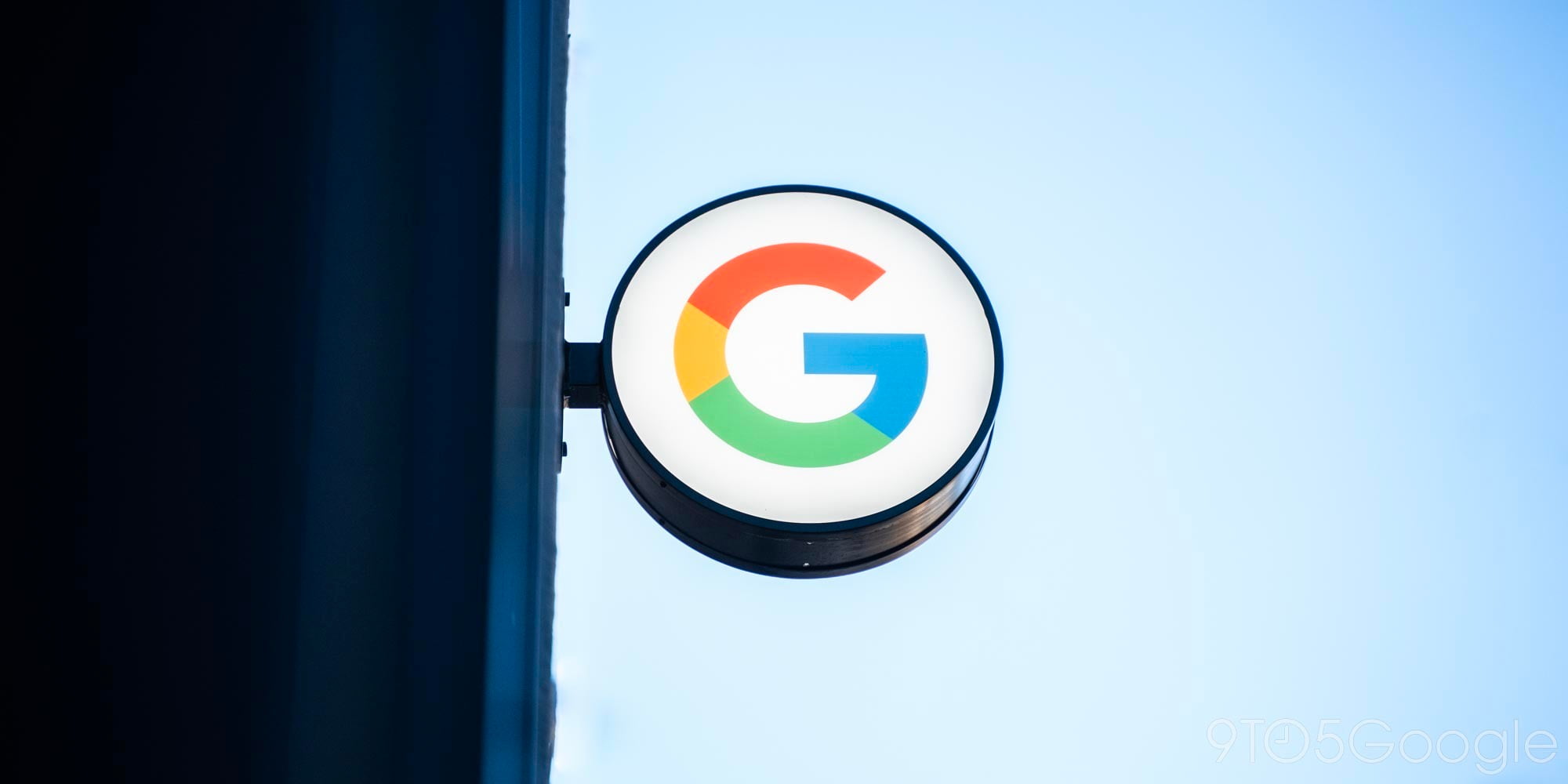
Today, Google officially announced that it would be renaming Android Wear to Wear OS by Google, “a wearables operating system for everyone.” With this change, we see Google seemingly separating the product from the Android name and making it appear more universal.
Do you think Google will be renaming any other products to remove the Android namesake?